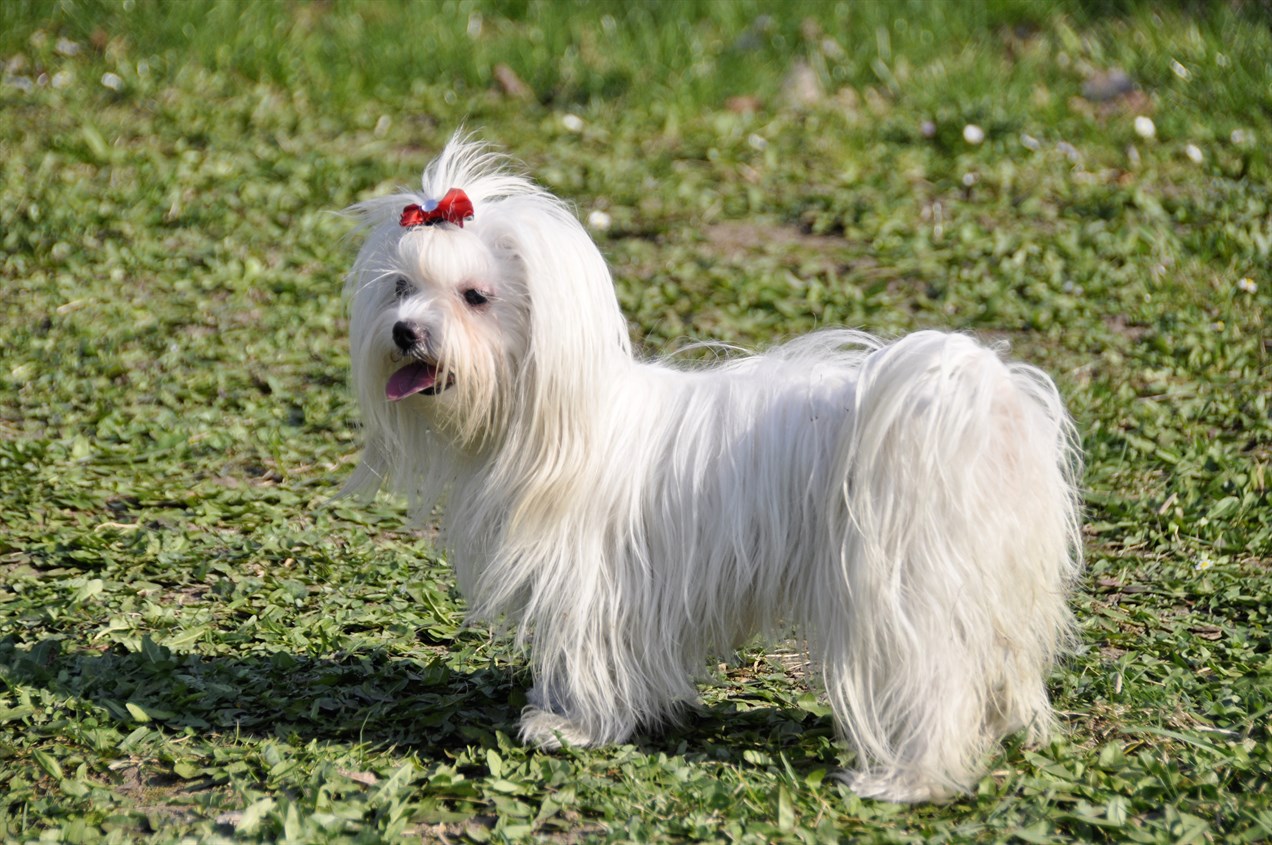Sleeping Requirements and Sleeping Habits of the Maltese

The Maltese breed, like all dogs, has specific sleeping requirements and habits that contribute to their overall health and well-being. Understanding these aspects of your Maltese's life can help ensure they get the rest they need to stay healthy and happy.
Sleeping Requirements
- Duration: Maltese dogs, like most adult dogs, require approximately 12 to 14 hours of sleep per day. Puppies and older dogs may need even more sleep.
- Consistency: Establishing a regular sleep schedule is essential. Try to keep your Maltese on a consistent routine, which can help them feel secure and improve sleep quality.
- Comfortable Bed: Provide your Maltese with a comfortable and supportive bed or sleeping area. Many Maltese owners opt for soft and plush beds that cater to their dog's small size and love for cozy spaces.
- Quiet Environment: Ensure your Maltese has a quiet and calm environment for sleep. Excessive noise or disruptions can interfere with their rest.
- Darkness: Maltese dogs, like humans, may sleep better in a darkened room. Consider using curtains or shades to block out excess light during their rest periods.
Sleeping Habits
- Napping: Maltese dogs enjoy napping throughout the day. They may take short naps intermittently, especially after playtime or when they feel relaxed.
- Cuddling: Maltese dogs are affectionate and often enjoy sleeping close to their owners. Many Maltese owners report that their dogs prefer to sleep in their beds or snuggle up on the couch.
- Nighttime Sleep: Maltese dogs typically sleep at night when their owners do. They may prefer to sleep in their designated sleeping area or bed but often appreciate the comfort of sleeping near their human family members.
- Dreaming: Dogs, including Maltese, can experience dreams during their sleep. You may notice them twitching, moving their legs, or even softly barking while they dream.
- Restlessness: Some Maltese dogs can be prone to restlessness or anxiety during sleep. If you notice excessive movement or vocalisations during their sleep, it may be helpful to consult with a veterinarian to rule out any underlying issues.
Understanding your Maltese's sleeping requirements and habits is crucial for providing them with the rest they need. Ensuring they have a comfortable sleeping area, maintaining a consistent schedule, and addressing any sleep-related concerns can help your Maltese stay happy and well-rested, leading to a healthy and contented furry friend.